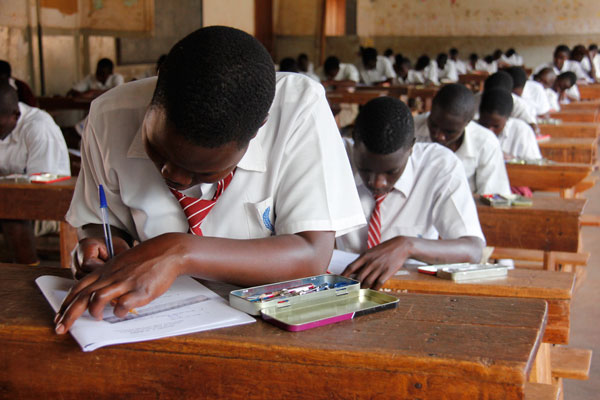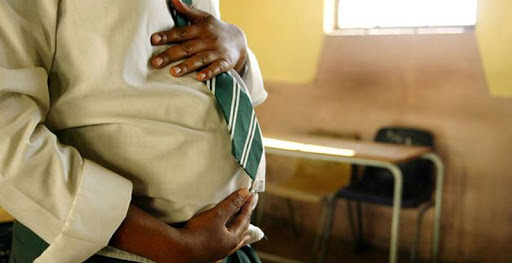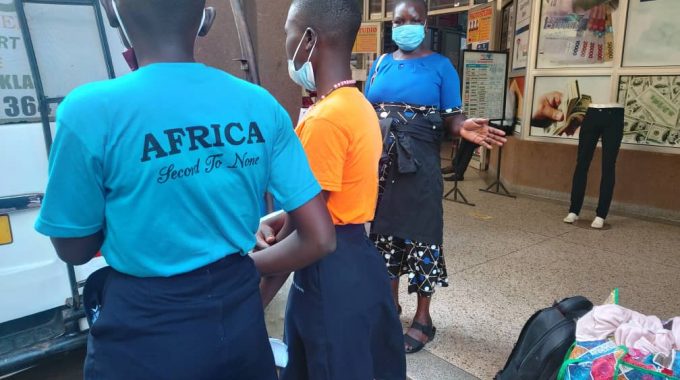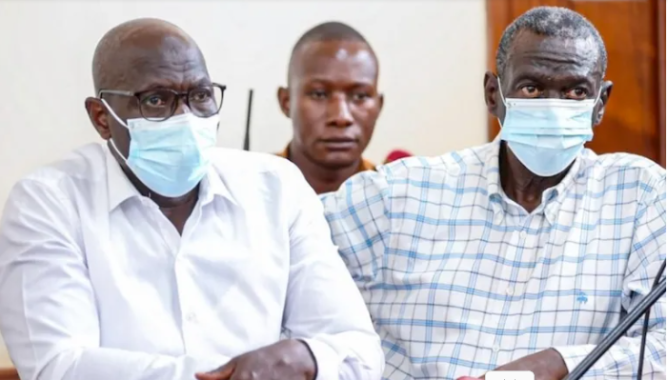Send children to school
Joint security agencies say reopening schools to learners will minimize incidents of child abuse and sexual violence meted on children and teenagers.
Institutions of learning were opened on January 10 after 22 months of lock-down since March 2020 when President Yoweri Museveni closed them to regulate the spread of Covid 19 infections.

In a joint communication, the agencies have called on parents to embrace learning for children as one way to avoid them from falling prey to sex predators who have been taking advantage of them. The Joint Security Agencies, consist of the Chief of Defence Forces (CDF), Inspector General of Police (IGP) and Commissioner General of Prisons (CGP).
Fred Enanga, the Police Spokesperson, says in addition to children gaining independence, adopting new routines and developing meaningful relationships with teachers and fellow students, they are protected from incidents of defilement and rape among others.
“From a security point of view, the re-opening of schools helps keep children away from child abusers like sex predators and negative behaviours that could affect their well-being. It will be the first-time students will be able to meet their colleagues, classmates and teachers; face-to-face. In addition, the online learning processes were a bit difficult for low income students and families,” he said.

Enanga has also encouraged school authorities to adhere to all the Standard Operating Procedures (SOPs) to avoid the spread of Covid 19 and also encourage vaccination.
“We further urge the school administrators to follow the prevention measures and protocols of wearing masks, practicing hand hygiene, physical distancing and ensuring that those that are eligible for vaccination do so. We need to support each other and avoid having the school term and year getting disrupted by COVID-19,” Enanga stated.
Send children to school
According to the National Planning Authority (NPA), up to 30 percent of students are expected to not return to their school desks due to teen pregnancy, early marriage and child labour.

According to a 2021 report from United Nations Population Fund (UNFPA), the six regions with the highest numbers of teenage pregnancies recorded between 2019 to 2021 are Busoga: the most affected districts were Kamuli (6,535) and Mayuge (6,205 teenage pregnancies). North Central: the most affected districts were Mukono (5,535) and Luweero (4,545). Lango: (Oyam 6,449 and Lira 4,697). South Central: (Wakiso 10,439 and Rakai, 2711). West Nile: (Arua 4,705 and Yumbe 3,973). Tooro/ Rwenzori: Kasese (7,319) and Kyenjojo (4,341).
The report adds that 67 districts registered an increase in teenage pregnancies from 2019 to 2020. Three districts had an increase in teenage pregnancies by over 25 percent from 2019 to 2020.
Compiled by Minah Nalule











